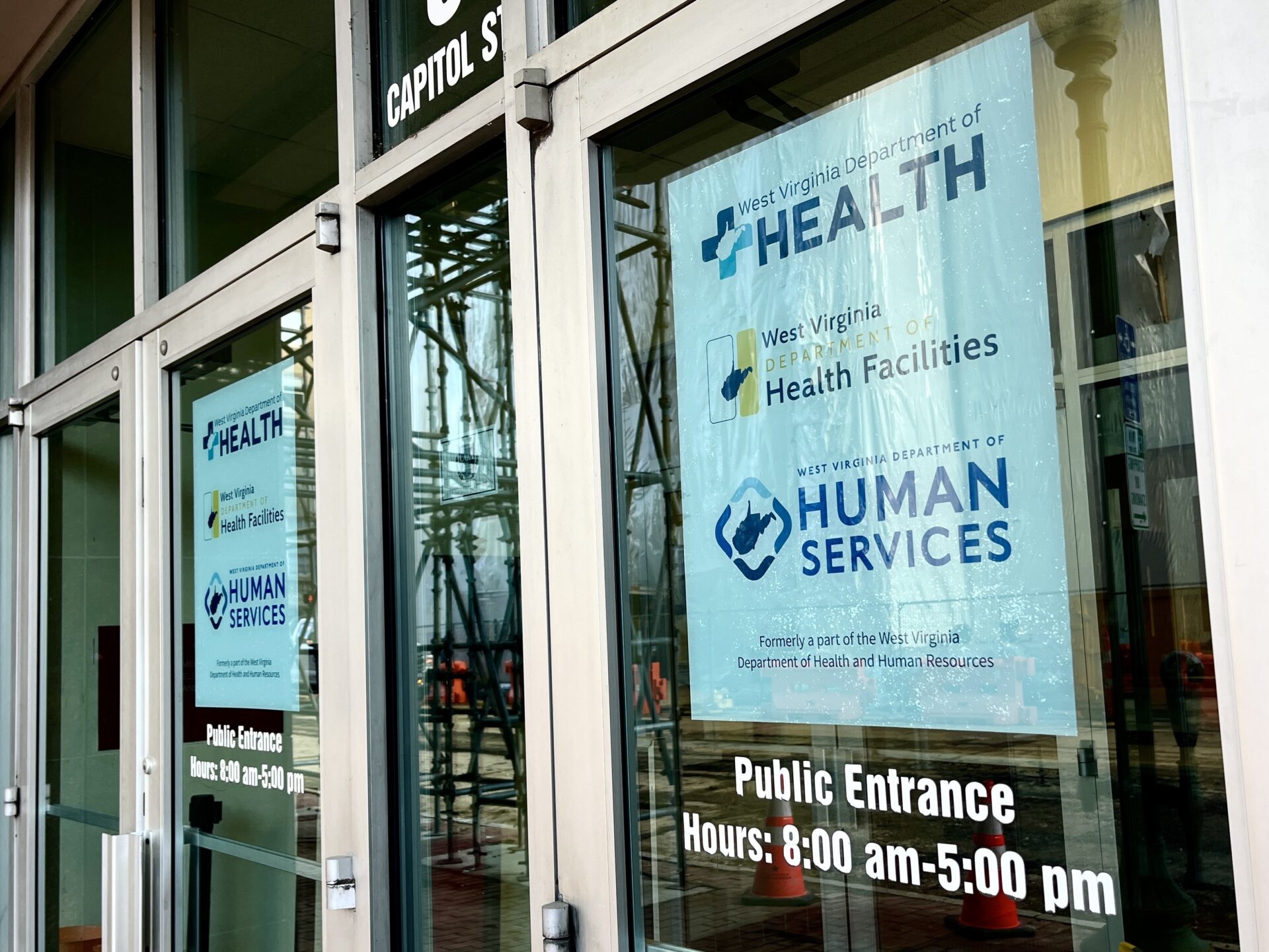Following the attempted suicide of a child in state custody placed in a hotel in February, a judge ordered a monitor to oversee West Virginia’s child protective services.
On February 24, Kanawha County Circuit Court Judge Maryclaire Akers issued an administrative order calling Department of Human Services (DoHS) Cabinet Secretary Alex Mayer to discuss the department’s practice of housing foster children in hotels and 4-H camps.
Akers said at a public hearing Feb. 28 her court order was prompted by the attempted suicide of a 12-year-old child in a Charleston-area hotel on February 18, three days after he was removed from an unsuccessful foster care placement.
“Three days later, this Court had a scheduled review hearing at that time, not his worker, not his guardian ad litem, and not the court was made aware that there was a suicide attempt, nor was the court made aware that he was in the hotel,” Akers said.
During her investigation into the incident, Akers found that the communication breakdown was due to one Child Protective Service (CPS) worker’s illness.
“Because she was sick, that information was not timely communicated to the worker who could not communicate it to the guardian ad litem who could not communicate it to me,” Akers said. “The communication breakdown there was not the fault of a lazy or not dedicated employee, it was just simply whatever processes exist within CPS.”
Akers said she and her colleagues heard rumors but did not have substantiated evidence of children in state care in hotels and campgrounds.
“That’s not something that this Court has ever been directly informed of in a court summary,” Akers said. “We may have had some workers testify about it here and there, but I didn’t realize the magnitude of it.”
In her questioning of Mayer, Judge Akers assured him and all attendees, including virtual viewers, that she had not called the hearing to berate him or his staff and that she sought to gain clarity on the child welfare system’s placement methodology.
“I recognize that you’ve had the job for, what, 45 days, something like that? 30 days,” Akers said. “I also don’t mean this to be negative towards the prior administration either. I appreciate that you’re here, and I appreciate that that indicates to me that you have a willingness to sit down and communicate what’s been going on.”
Mayer was appointed about a month ago and said in court he welcomed the monitor. He also said placing children in state care in hotels or camps for temporary housing is not unusual across the country in times of need.
“The hotel mechanism was one that gives agencies or one that agencies have utilized as a way to have the child in a placement,” Mayer said. “Not ideal. I don’t think anyone would agree that a hotel is an appropriate placement.”
Mayer also testified that placement issues have increased in recent years with more substance-exposed infants and adolescents coming into the system, even in South Dakota, where he is from.
“Amid trying to get placements for children we are having to utilize hotels in order to buy time, to have conversations with facilities, to talk to them about what additional supports can I offer you,” he said. “The way that system was designed wasn’t able to support what that agency might need,” Mayer said.
Akers appointed Cindy Largent-Hill, the State Supreme Court’s children’s services division director, to monitor the department under a year-long improvement period.
“I think if we can’t figure out a way to deal with this here, you all will be going to these hearings all over the state,” Akers said. “The judges that I have heard from feel similarly to me. I don’t speak for all of them. Everyone has their own challenges and problems, especially in the rural counties that are different from Kanawha County, but I can say that the overwhelming feeling I have amongst my colleagues across the state is that no one likes the hotels. No one wants the 4-H camps.”
According to the judge’s order, Hill will collect data and create public reports on children in state custody being housed in unlicensed facilities.
